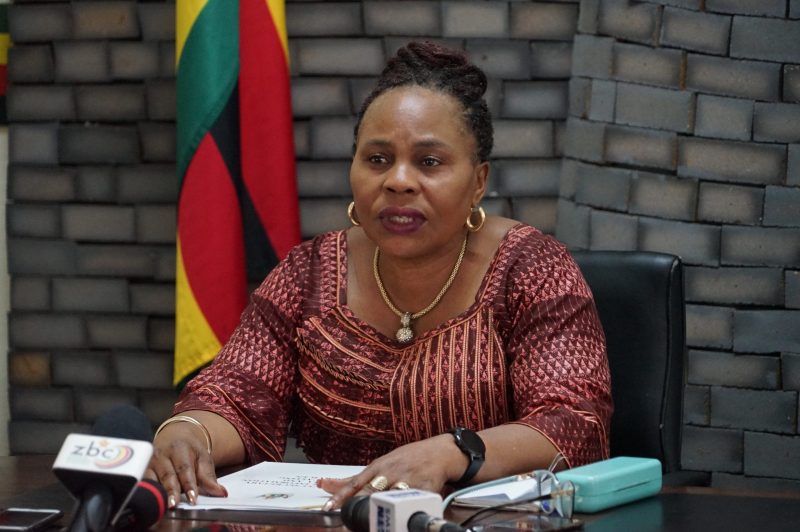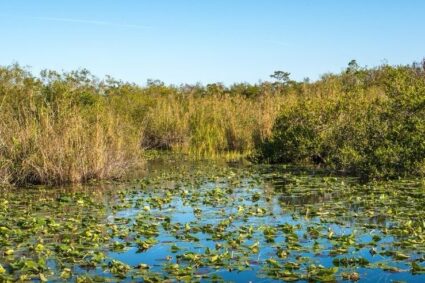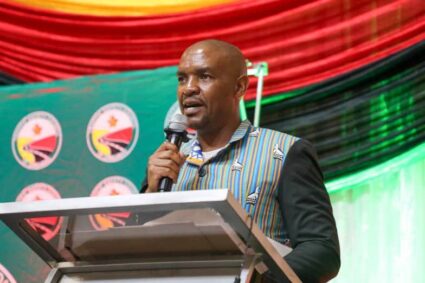
In a positive move that translates into action, the Cabinet of the Government of Zimbabwe approved the National Forestry Policy and Carbon Credit Framework. Zimbabwe is gifted with an abundance of vast resources and to ensure preservation and boosting of climate action, the country has over the years implemented various policy measures, instruments and programmes that include, the National Wetlands Rehabilitation Programme, Biodiversity and Habitat Protection, Climate Change Management, the Sustainable Mining Projects for Artisanal and Small-Scale Mining Enterprises, the Land Restoration Programme, the Veld Fire Management Programme and the National Tree Planting Programme. It is however important to note that despite having all these measures and programmes in place, the outcome has been below expectation.
A look back at the Africa Business Forum 2023
The Economic Commission for Africa (ECA) and Afreximbank convened the sixth edition of the Africa Business Forum in February 2023, in Addis Ababa Ethiopia. The UN’s 2030 Agenda for Sustainable Development and African Union’s Agenda 2063 were highlighted as critical. The forum ran under the theme: Making Carbon Markets Work for Africa. The Chief Director for Environment, Climate and Meteorological Services, Professor Prosper Matondi delivered a remarkable speech on behalf of the President of Zimbabwe. Prof Matondi put a strong emphasis on the fact that Africa is the world’s carbon sink and is expected to be the centre of carbon trade. He further highlighted that the following three key issues remain of interest to Africa with regards to carbon trading, and these are:
- Africa has a sovereign right over its assets and the hope is that these assets will be used responsibly for the benefit of Africa.
- As the carbon trade business is implemented, there is need to address the higher rates of forests and land degradation.
- The future of Africa and its people depends on farming that is highly threatened by the impact of climate change.

Carbon Credit Framework and National Forestry Policy
Key highlights
A few months after the Africa Business Forum, the approval of the Carbon Credit Framework comes at a crucial time for Zimbabwe, the world’s 12th largest producer of offsets. Over 4.2 million credits were generated from registered projects in the year 2022, with the Kariba REDD+ project running on more than 700,000 hectares being the largest and most notable.
The framework seeks to continue enhancing Zimbabwe’s role in reducing Greenhouse gas emissions, mobilising climate change finance and increasing technology development and transfer from compliance and voluntary carbon markets. In a tweet posted by the Ministry of Information, Publicity and Broadcasting Services, the Carbon Credit Framework:
- Spells out the processes and institutions required to ensure that carbon credit assist the transformation needed to unlock economic value,
- Aims to foster sustainable livelihoods for communities, and
- Promotes climate change mitigation and low carbon emission in various sectors, among them, energy and forestry.
Minister Monica Mutsvangwa further announced that all previous carbon credit deals would be “null and void” as the government looks to earn revenue from offsets. The government will take 50% of the total revenue generated from carbon credit-projects, while foreign and local investors will be roughly entitled to 30% and 20% respectively.
Regarding the Forestry Policy, Minister Mutsvangwa said that the policy will ensure that forests contribute effectively to national development, environmental protection, climate change mitigation, sustainable forest management and benefit sharing of proceeds from the forests. The key impact areas are:
- Promoting community participation in forest management,
- Creating a platform for building resilience to the impacts of climate change by rehabilitating degraded areas, and
- Maintaining and increasing the country’s forest cover.



